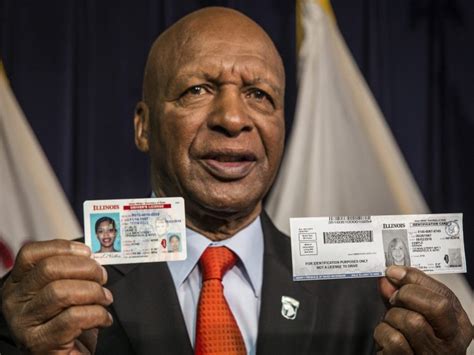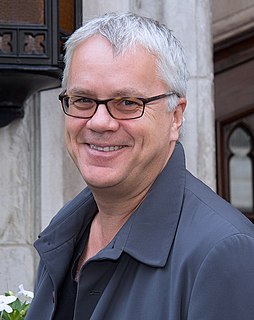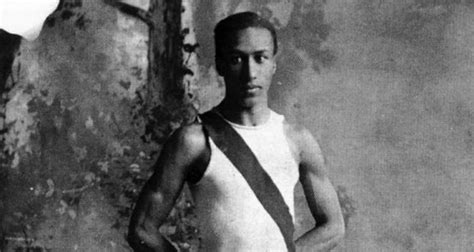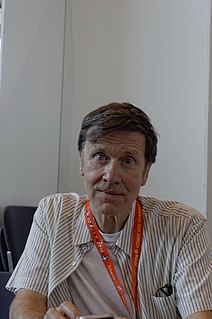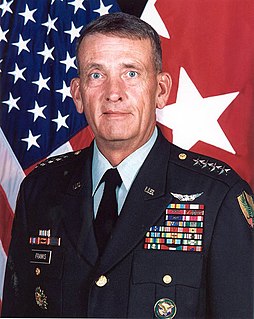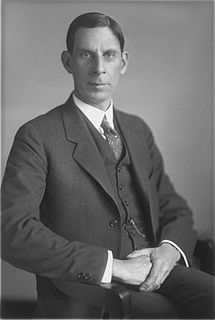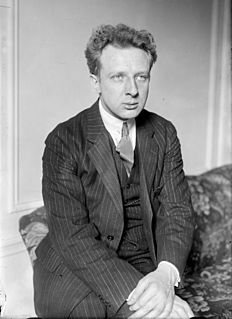A Quote by George Packer
Liberal democracies like ours seem, for the most part, to have learned how to avoid meticulously planned mass-casualty plots with the complexity and scale of 9/11. But they don't know how to keep their citizens safe at night clubs and concerts, in supermarkets, on beachfront promenades, from truck drivers.
Related Quotes
Part of our identity is the idea that racism is still there and that we are vulnerable to it. So, the question is, 'How vulnerable?' In other words, is it really a problem for us, or is it just a small thing. How do you evaluate racism in America on a scale of 1 to 10? My suspicion is that most blacks overrate it a bit. Not to say it's not there, but we overrate it because this masking is part of our relationship to the larger society. This is a way we keep whites on the hook. We keep them obligated, and we keep ourselves entitled. There's an incentive, you see, to inflate it a little bit.
It is the most powerful submission in the sport. It is a beautiful thing. You're holding them into you, their back is on you, and you are basically choking them gradually like a boa constrictor and once you've got them, the pressure goes on and they have to submit or they are going to stop breathing. It happened to me early in my career, and I panicked, and gave in, I tapped out too early. I learned a lot from that. I learned from it, learned how to do the move better, learned how to avoid it being done to me.
A terrorist, massive, casualty-producing event [will occur] somewhere in the Western world - it may be in the United States of America - that causes our population to question our own Constitution and to begin to militarize our country in order to avoid a repeat of another mass, casualty-producing event.
The capacity to create [visual] effects in the computer has made the job easier, but it has also introduced the complexity that you can with a few more keystrokes generate such a busy canvas that the eye doesn't know where to go. You lose human scale on an event and you're just wowed by the kinetics and the visualization. But, often in those cases I feel you lose touch with the human characters and what it is that they would feel and how they might feel, and that's still the most important part.
It is not how much you know about life but how you live your life that counts. Those who can avoid mistakes by observing the mistakes of others are most apt to keep free from sorrow. In a world full of uncertainties, the record of what has gone before-human experience-is as sure and reliable as anything of which we know.

